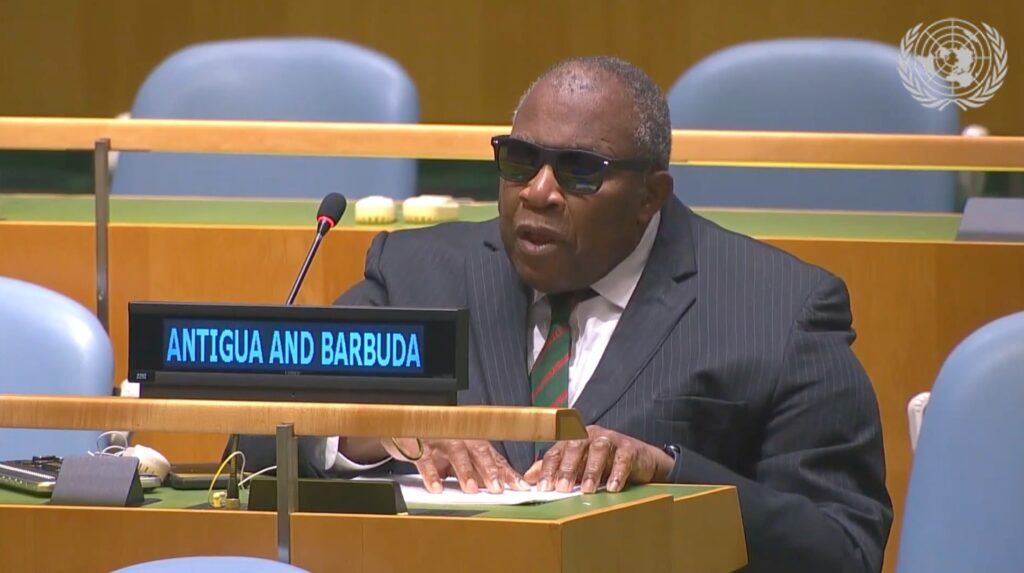
We are deeply concerned about the widespread and devastating impacts of plastic pollution. We have all seen the footage of marine animals entangled in it, or with stomachs full of it. We have seen rivers choke on it, and children’s playgrounds surrounded by it. We have heard how it can be found in all corners of the world, in the deepest ocean, on remote, uninhabited islands and even in the Arctic.
Plastic is everywhere on our planet. It is a global problem in need of a global solution. We have the responsibility to raise the awareness of this issue to all UN member states and to take the necessary steps to prevent and reduce plastic from ending up in our environment. We urge all States to join us in combatting plastic pollution, by committing to work towards a new legally binding global agreement on plastic pollution and adopt a mandate for an Intergovernmental Negotiating Committee at UNEA5.2
Furthermore, we encourage all States to take part in the first, ever global Ministerial conference on marine litter and plastic pollution, which will be co-convened by Ecuador, Germany, Ghana and Viet Nam in September.
To underscore our message, we present The Ocean Day Plastic Pollution Declaration
We are alarmed by the high and rapidly increasing levels of plastic pollution on land and in the world’s oceans and the impacts this has on the environment as well as on livelihoods, health, economies and well-being. Strengthened action is urgently needed to prevent further discharge of plastic pollution into the environment.
Guided by the long-term ambition of eliminating all discharge of plastic litter into the oceans, agreed by the United Nations Environment Assembly resolution 3/7 and Sustainable Development Goal 14.1 “by 2025, to prevent and significantly reduce marine pollution of all kinds, in particular from land-based activities, including marine debris and nutrient pollution”, we believe that there is a need for a stronger global response for the effective implementation of measures to reach this goal. This issue is global in nature and cannot be solved by any one country alone. An effective, dedicated global governance response is needed to address existing gaps and promote coherence, coordination, and effective prioritization of our efforts.
We therefore call for the development of a new legally binding global agreement on plastic pollution.
We encourage other interested actors to join the call for a new legally binding global agreement and to actively participate in international conferences and processes to develop such an agreement.
We welcome the establishment of the Group of Friends to Combat Marine Plastic Pollution and will engage through this group with regard to further developments on a new legally binding global agreement to combat plastic pollution.
We commit to work for a decision at UNEA5.2 to establish an Intergovernmental Negotiating Committee recommending starting negotiations of a global legally binding agreement to combat plastic pollution, with the aim of concluding this as soon as possible.